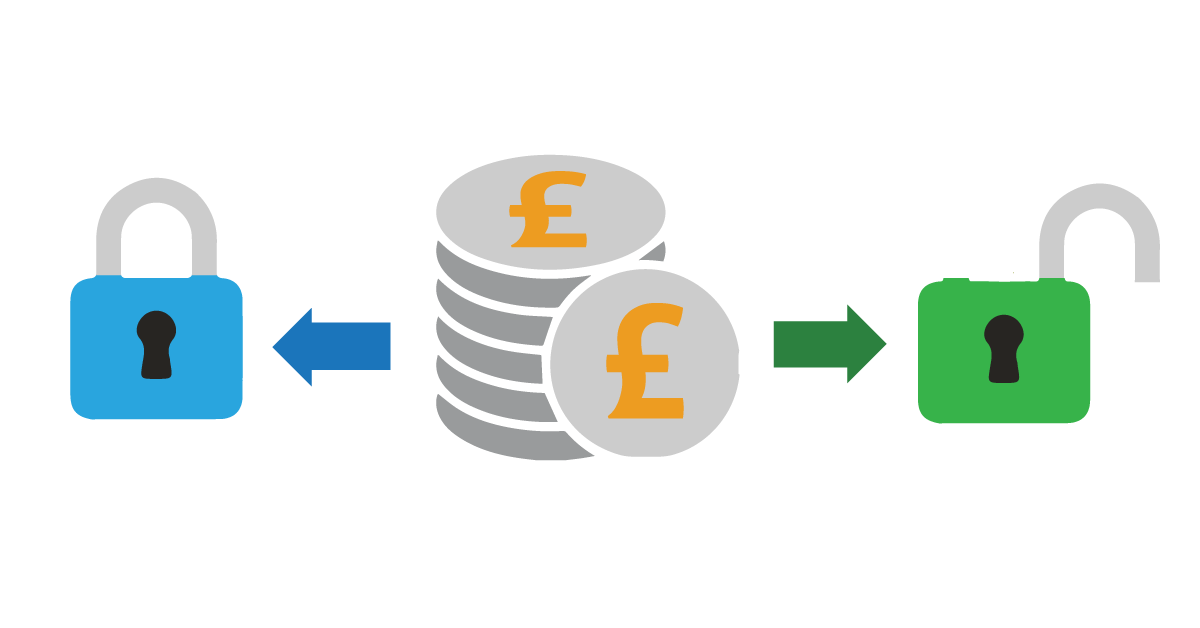
Have you heard the terms ‘secured loan’ and ‘unsecured loan’ but not really known what they are and what the difference is? As bad credit car finance experts we’ve compiled a guide to explain the difference between the two and what they actually mean. If you are looking into a personal loan or another form of finance it is important that you know the difference between the two before you make an application for finance.
A Secured Loan
A secured loan, also known as a homeowner loan, is a credit agreement that is supported using the equity in a property owned by the borrower.
Lenders are often more willing to offer you a loan if it is asset supported – especially if the amount you want to borrow is over £25,00 because they see you less as a risk.
Secured loans, which use your property as security are often the cheapest option if you are a homeowner looking to borrow a larger amount of money.
The amount you can borrow, the term and the interest rate you are offered will all depend on your personal circumstances and the amount of equity you have in your property.
Secured loans are available for much larger amounts than personal loans, which generally only go up to about £25,000.
The repayment periods on secured loans can also be longer, while the fixed monthly payments should make it easy to manage your repayment plan.
But do remember, unlike with unsecured personal loans, you risk losing your home if you miss payments on a secured loan.
An unsecured Loan
Unsecured personal loans are available to most people depending on your credit profile and affordability. You do not have to be a homeowner to apply.
An unsecured loan is more straightforward. You borrow money from a bank or another lender and agree to make regular payments until it’s paid in full. Because the loan isn’t secured on your home, the interest rates tend to be higher.
Offered by most banks and other lenders, personal loans can be used to borrow anything from say £1,000 to £25,000. However, they are generally at their cheapest for borrowing of between £7,500 and £15,000.
And if you have an impaired credit history, you may find that you have no choice but to opt for a secured rather than a personal loan. As your property acts as security, they can be easier to qualify for. If you do not own your property, secured loans would not be available to you.
They also offer the flexibility to choose how long you have to repay them, with most borrowers making fixed repayments.
The best loan rates are generally for borrowers looking to make repayments over three and five years, meaning you will often pay a higher interest rate to borrow over a shorter term.
The interest charges on larger or smaller amounts can prove a lot more expensive too, while the best interest rates are only open to those with high credit scores.
If you don’t make the payments on an unsecured loan, you may incur additional charges and this could damage your credit rating. Also, the lender can go to court to try and get their money back.
Before you apply for a secured or unsecured loan make sure you are able to keep up with repayments as late or missing payments will have a detrimental effect on your credit profile and could prevent you from obtaining credit in the future.
Please note: If you’re comparing lots of deals on a comparison site, check whether this will show up on your credit profile. Some lenders will carry out a full credit check on you if you get a quote for a loan, so it looks like you’ve actually applied for the loan. If this happens lots of times, it could harm your credit rating.
Looking for a car loan? Click here to learn more about bad credit car finance.



